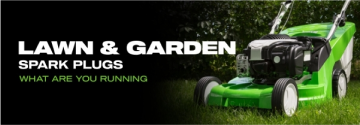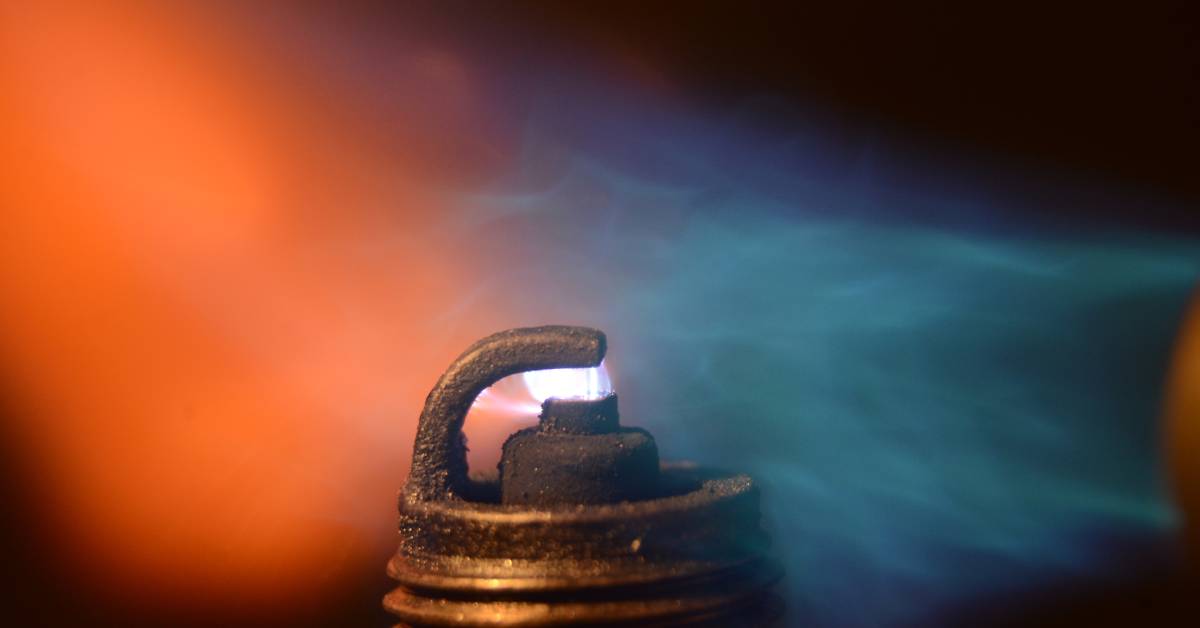
When optimizing engine performance, not all spark plugs are created equal. Some engines require specialty spark plugs to function at their best, whether due to their design, purpose, or specific requirements.
But why is this the case, and what makes these plugs different? To answer these questions, we need to explore the unique characteristics of various engines and how the engineering demands of each use specialized ignition technology.
The Role of Spark Plugs in Engine Performance
The spark plug is an essential part of engines. Its main job is to deliver the spark that ignites the air-fuel mixture in the engine’s combustion chamber. This ignition drives the pistons, powering the motor. While the mechanics appear simple, the effectiveness of combustion heavily depends on the design and type of spark plug used.
For standard configurations and moderate performance needs, traditional copper core or nickel alloy spark plugs may suffice. However, as engine designs evolve with higher compression ratios, increased turbocharging, or complex combustion chamber geometries, specialty spark plugs meet these advanced requirements.
Why Do Some Engines Need Specialty Spark Plugs?

Many engines require spark plugs with specific properties to handle their unique demands. Here are insights on why certain engines require specialty spark plugs and how they differ from standard ones:
1. High-Performance Engines
High-performance vehicles, such as sports cars or racing machines, are engineered to push power and efficiency to the limit. These engines often operate at higher temperatures, pressures, and rotations per minute (RPMs), and standard spark plugs may not hold up.
These engines require advanced spark plug materials, such as iridium or platinum, to maintain durability and optimize spark performance. High-performance spark plugs with a smaller electrode tip promote precise ignition under extreme conditions, delivering optimal power while minimizing wear.
Parallel to this, racing engines require plugs that project deeper into the combustion chamber. This placement enhances the exposure of the spark to the air-fuel mixture, providing faster, more complete combustion. Specialty spark plugs designed for motorsports are crafted to withstand the intense ignition cycles involved.
2. Turbocharged and Supercharged Engines
These engines enhance power delivery by increasing air pressure in the combustion chamber. However, this increased compression creates a hotter, more extreme environment, making standard plugs prone to misfires or preignition issues. Supercharged and turbocharged engines require specialty spark plugs since they’re often designed with colder heat ranges to dissipate temperatures more effectively and prevent engine knocking.
For example, in a car like the Subaru WRX STI, which features a turbocharged engine, spark plugs with superior temperature management characteristics are necessary. Without them, increased cylinder pressure and heat would lead to early plug fatigue.
3. Rotary Engines
Rotary engines, such as Mazda’s iconic Wankel rotary, have a fundamentally different design than piston engines. They require spark plugs that can perform in these unique combustion chambers.
Rotary engines demand plugs that minimize fouling caused by oil injection—essential for lubrication in this design. Surface gap plugs, like those mimicked in E3’s open-ground electrode configuration, are an excellent fit, as they optimize combustion with fewer points of obstruction.
4. Motorcycles and Powersports
Small but high-revving engines found in motorcycles or powersport vehicles require a different type of spark plug. Due to space constraints and high-RPM operations, spark plugs for these engines need enhanced durability and compact designs. E3’s motorcycle spark plugs, for instance, suit these engines perfectly, combining longevity with performance.
5. Lawn and Garden Equipment Engines
Engines in small machinery, such as lawnmowers, chainsaws, or portable generators, may not seem demanding, but they too can benefit from specialty spark plugs. Engines in these machines often operate under varying loads and temperatures. Specialty plugs with advanced electrode configurations help these engines start reliably and maintain smoother operation, even under harsh conditions.
For example, E3 Spark Plugs offers solutions tailored to lawn and garden equipment. Our designs produce better fuel burn efficiency and enhanced durability compared to traditional plugs in small engines.
Specialty Spark Plug Materials and Design Features
What sets specialty spark plugs apart from standard varieties is often their construction and design details. Common advanced materials include iridium and platinum, which are highly resistant to wear and corrosion.
Specifically, these materials provide superior performance over an extended period. Platinum and iridium are ideal for high-performance spark plugs, as their durability creates consistent ignition for thousands of miles.
E3 Spark Plugs add another layer of innovation with our patented DiamondFIRE technology. This design incorporates an open ground electrode for faster flame propagation and a forward-projecting tip to position the spark around the mixture with the highest probability of ignition. These advanced features help E3 plugs stand out as an excellent example of specialty spark plugs tailored to various engine needs.
How Specialty Spark Plugs Improve Efficiency and Reliability

By matching the right spark plug to the engine, drivers can experience improved ignition efficiency, fuel economy, and lifespan. For example, a properly selected iridium spark plug can last up to three to four times longer than traditional nickel alloy plugs. These plugs also enhance engine response and reduce emissions, an aspect increasingly important for compliance with environmental regulations.
Further, specialty plugs are better equipped to handle specific challenges, such as fouling in high-load engines or heat dissipation in turbocharged systems. By preventing issues like misfires or preignition, these plugs contribute to smoother performance and reduced wear on engine components.
Picking the Perfect Spark Plug for Your Engine
Choosing the right spark plug optimizes the performance of your engine, whether it’s a car, motorcycle, or small machinery. Consult the manufacturer’s recommendations, as they provide specific guidelines tailored to your model.
Important factors include electrode material, such as copper, platinum, or iridium. Each offers different benefits like conductivity and longevity. The heat range is also vital, as it affects the ability to dissipate heat and operate under various engine conditions. Additionally, consider the intended use of your engine—if it’s for standard commuting, racing, or heavy-duty work—as this can influence your choice.
If you’re feeling overwhelmed or unsure where to begin, don’t worry. We offer a comprehensive range of spark plug options designed for automotive, powersport, and small engine applications.
Our products are meticulously engineered to meet diverse needs, generating peak engine performance across different scenarios. Whether you’re upgrading for performance or maintaining an existing setup, our selection guarantees you’ll find the perfect match for your engine’s specific demands.
Understanding why engines require specialty spark plugs unlocks the potential for better engine performance. Whether it’s a turbocharged sports car, a Wankel rotary engine, or a high-revving motorcycle, the right spark plug can make all the difference.
For those seeking enhanced ignition technology, our popular spark plugs with DiamondFIRE electrode designs combine innovative features to support various engines. From smoother start-ups to maximizing combustion efficiency, specialty spark plugs like these demonstrate just how essential they are to modern engine performance.
Take a closer look at your own vehicle or equipment—could a spark plug upgrade be the next step to unlocking better performance?







